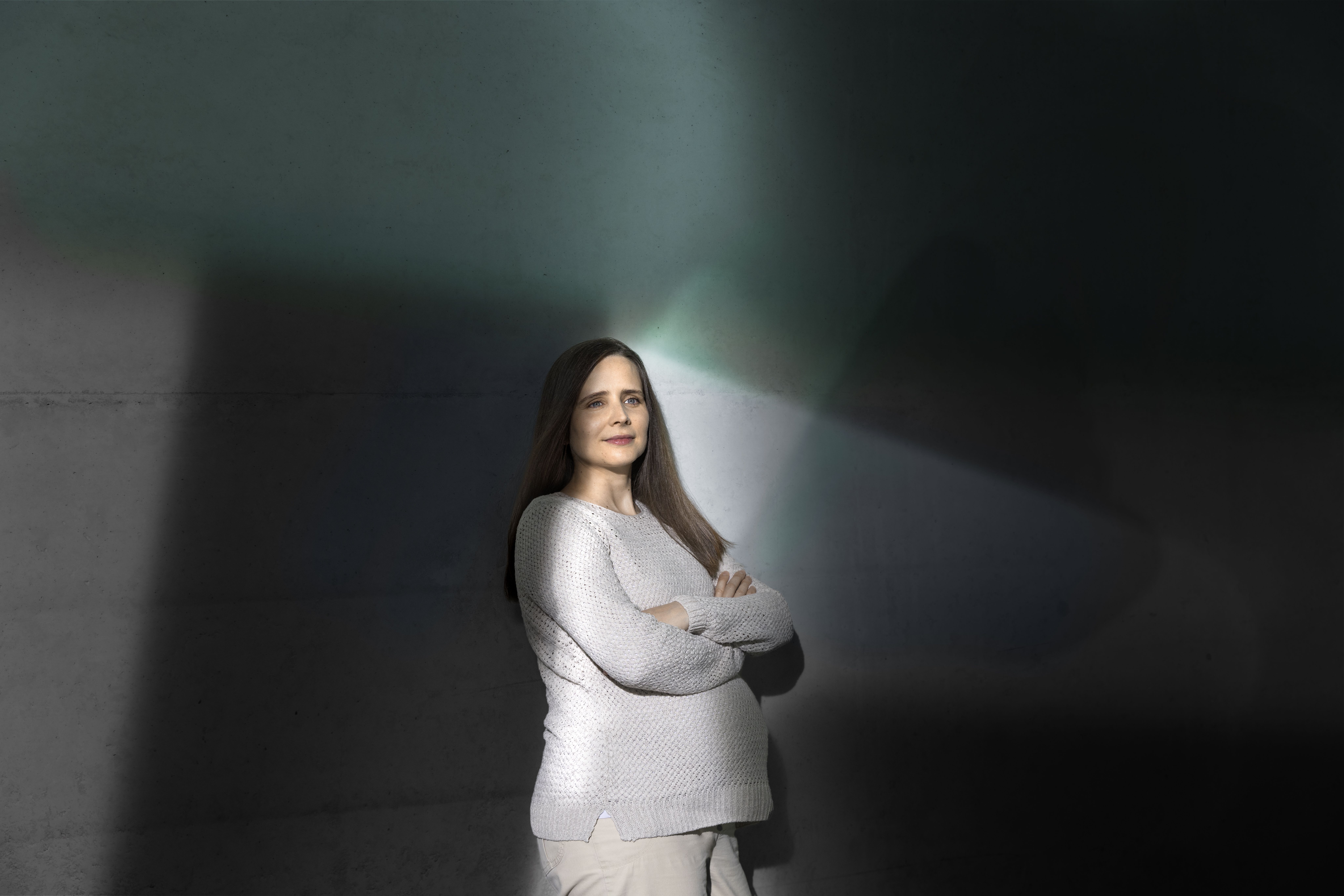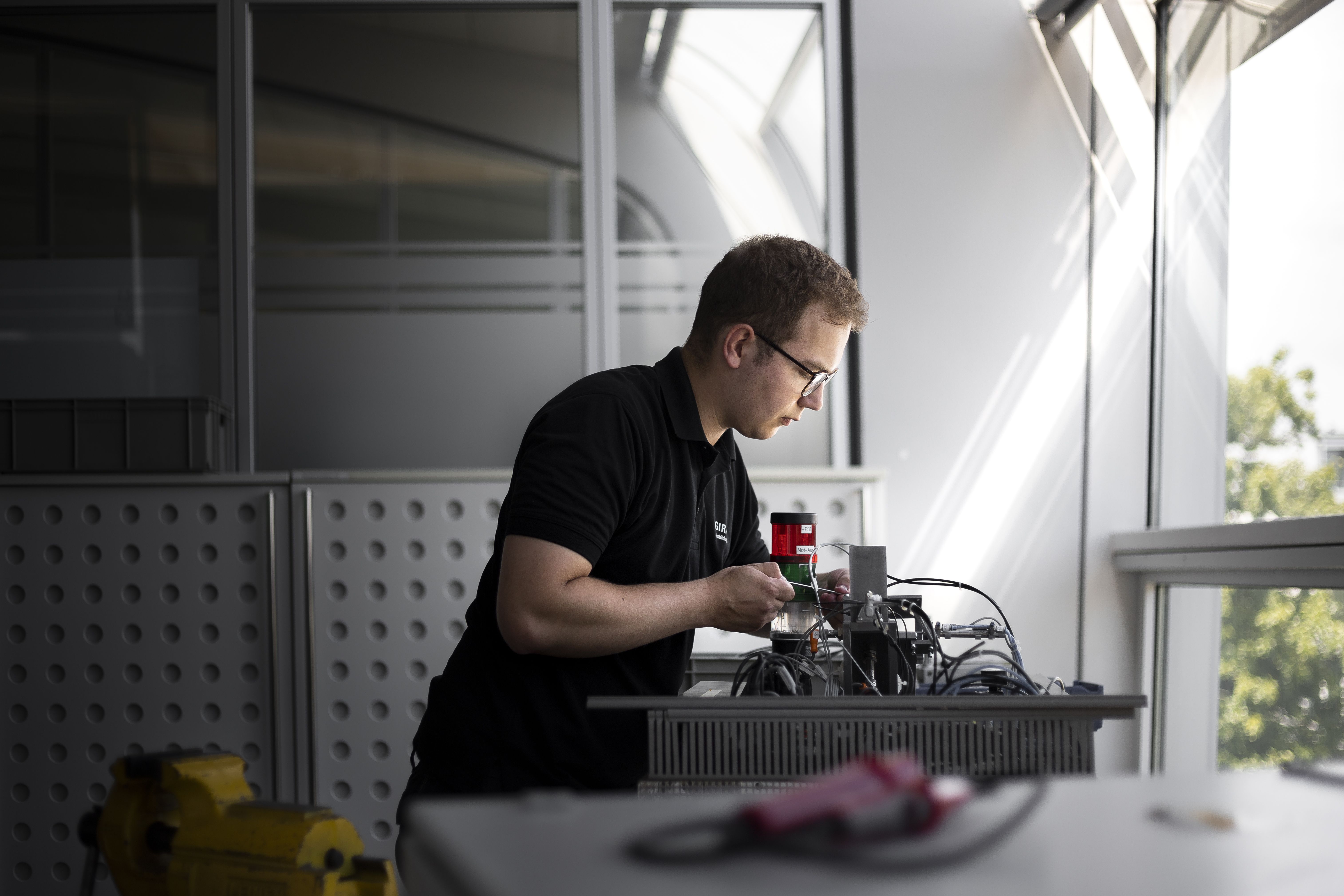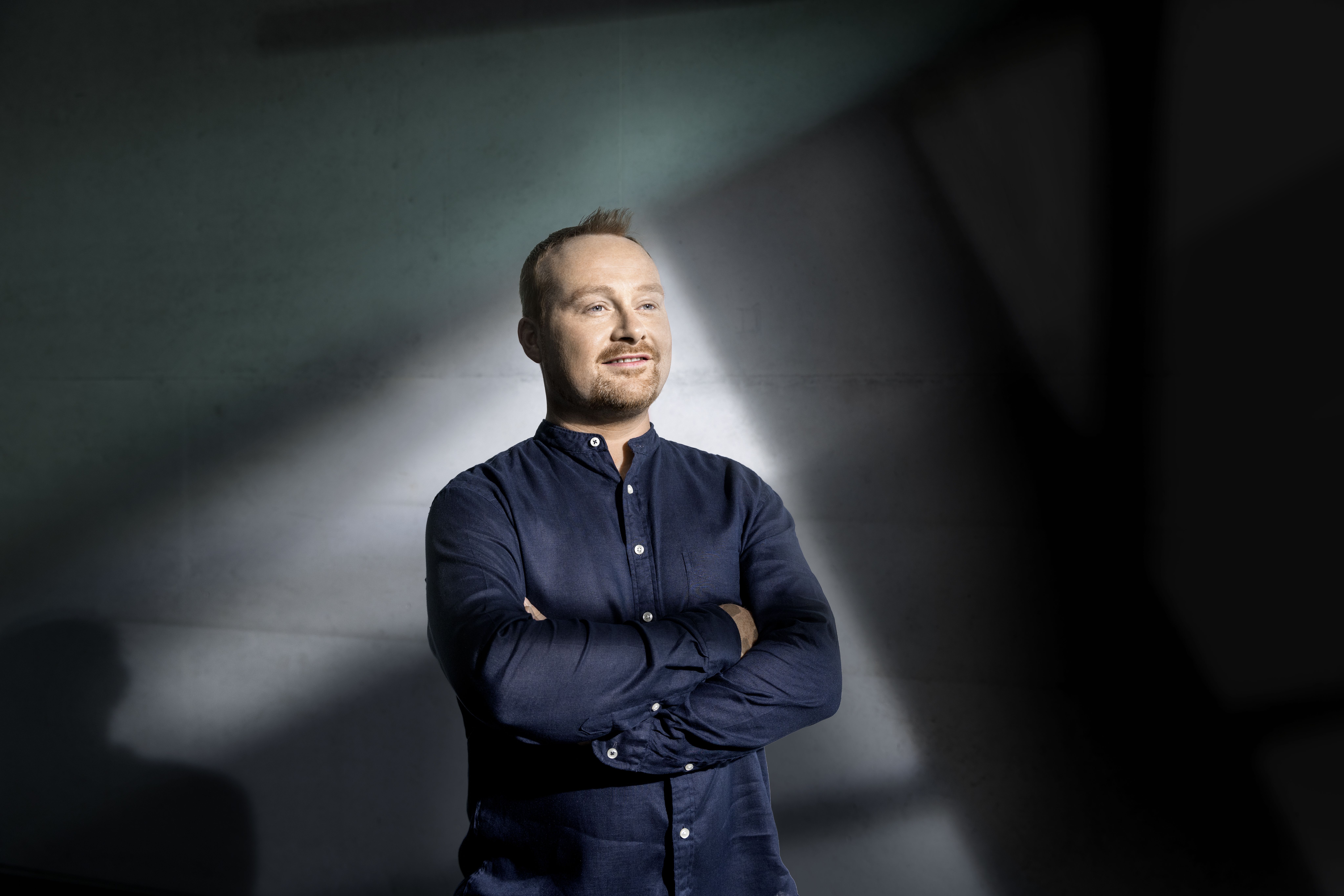Unsere Arbeitsbereiche
Die Tätigkeitsfelder und Berufsbilder bei Gira sind genauso vielfältig und spannend wie die Menschen, die für unser Unternehmen arbeiten und dabei ganz unterschiedliche Talente einbringen.
Sarah aus dem Business Development Vertrieb denkt gern einen Schritt voraus.
Menschen bei Gira
Einstieg & Bewerbung
Ob für Schüler/-innen, Studierende, Absolventen/-innen oder Berufserfahrene – es gibt verschiedene Möglichkeiten, bei Gira einzusteigen. Wo auch immer dein Gira-Weg beginnt: Du kannst dich auf spannende Aufgaben und viele Perspektiven für deine Weiterentwicklung freuen.
Das sind wir
Wir sind die mit den Schaltern. Aber auch so viel mehr.
Bei Gira steht der Mensch im Mittelpunkt allen Handelns. Erklärtes Ziel war es im Gründungsjahr 1905 wie heute, das Leben und Wohnen komfortabler, sicherer und energieeffizienter zu machen.




